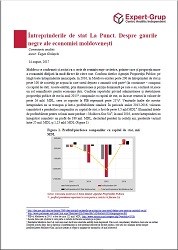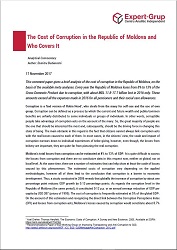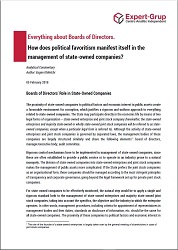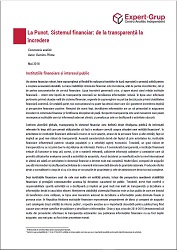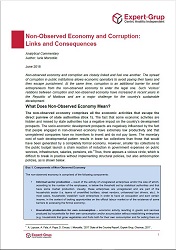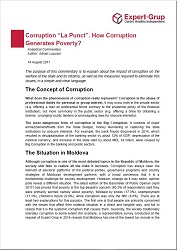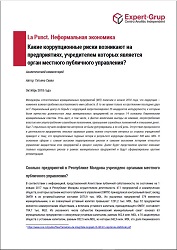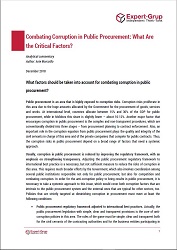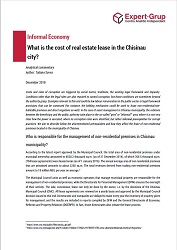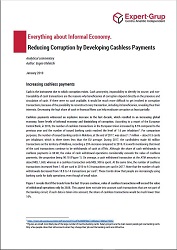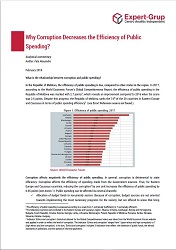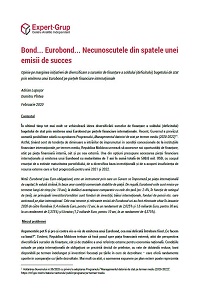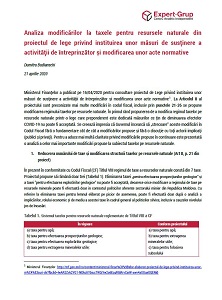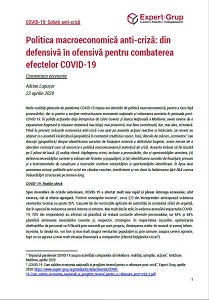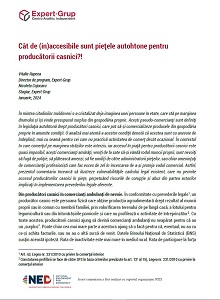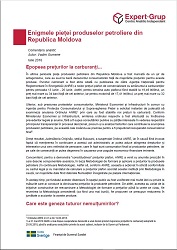
The riddles of the oil products market in the Republic of Moldova
Enigmele pieței produselor petroliere din Republica Moldova
Keywords: oil products; market; Republic of Moldova; fuel prices;
În ultima perioada piața produselor petroliere din Republica Moldova a fost marcată de un șir de antagonisme, care au avut la bază dezacordul consumatorilor față de majorările prețurilor pentru aceste produse. Punctul culminant a fost atins odată cu publicarea de către Agenția Națională pentru Reglementare în Energetică (ANRE) a noilor prețuri plafon de comercializare cu amănuntul a carburanților pentru perioada 13 iunie - 26 iunie. Astfel, pentru benzina auto plafonul fiind stabilit la 19,49 lei/litrul, un preț mai mare cu 34 bani față de cel anterior, iar pentru motorină de 17,41 lei/litrul, un preț mai mare cu 32 bani față de cel anterior.
More...
